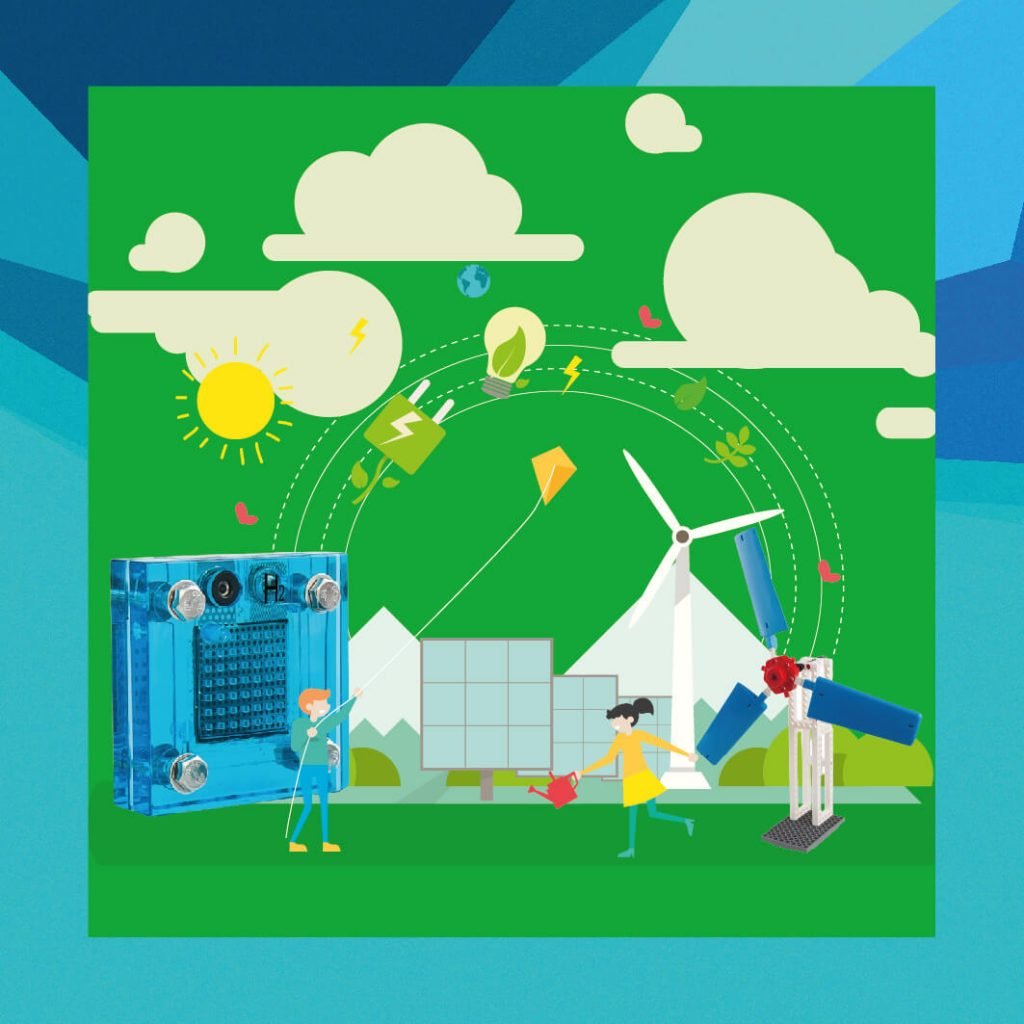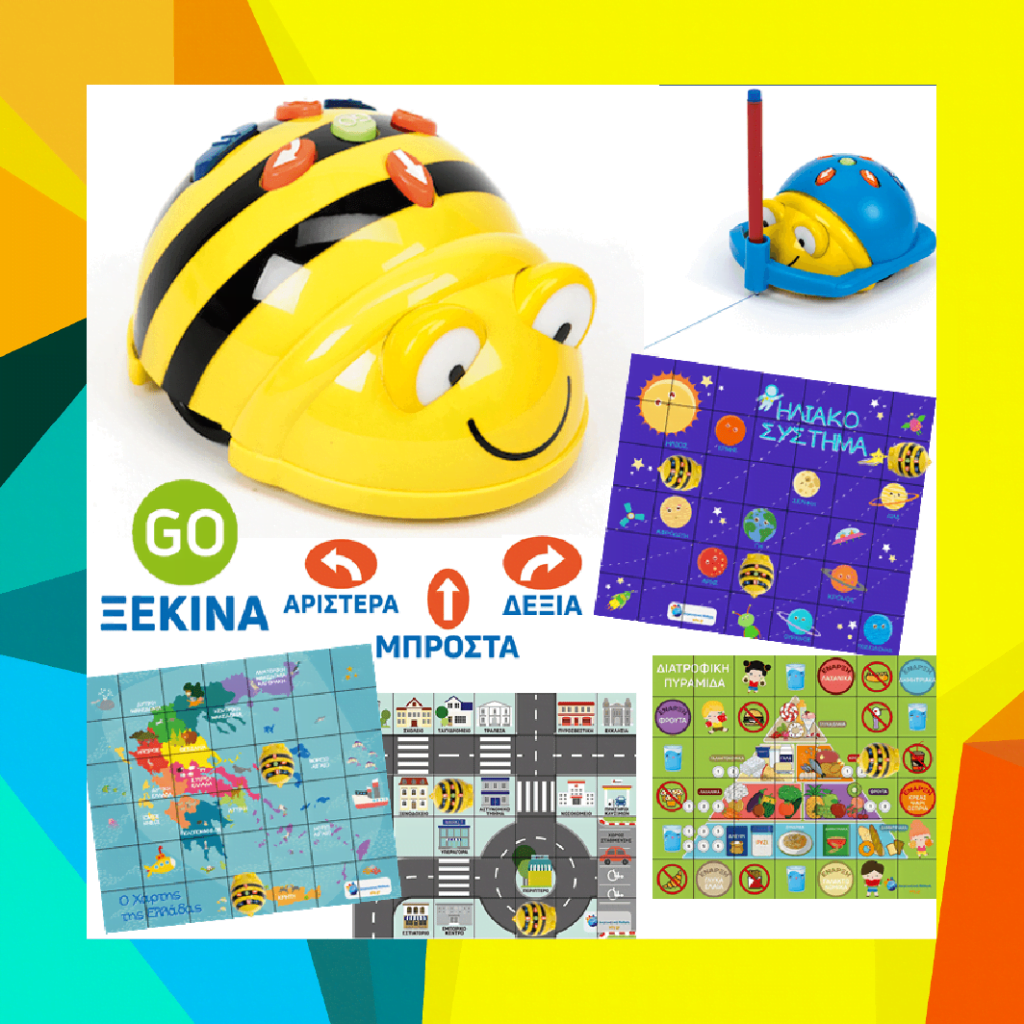Ο STEM Education σε συνεργασία με την Διερευνητική Μάθηση προτείνουν Προγράμματα δραστηριοτήτων εφαρμοσμένων θετικών επιστημών και εκπαιδευτικής ρομποτικής για διεξαγωγή στο πλαίσιο του θεσμού των Δεξιοτήτων στα σχολεία, για όλες τις εκπαιδευτικές βαθμίδες.
Το Πρόγραμμα του Νηπιαγωγείου, του Δημοτικού και του Γυμνασίου είναι εγκεκριμένα από το Ι.Ε.Π.
Το Πρόγραμμα του Δημοτικού “STEM Education” (Δ’ – ΣΤ’) είναι εγκεκριμένο από το Υπουργείο Παιδείας & Θρησκευμάτων.
Ο Οργανισμός μας διαθέτει εγκεκριμένη εκπαιδευτική πρόταση από το Υπουργείο Παιδείας και Θρησκευμάτων με Αρ. Πρωτ. 43101/Δ2, Τίτλος: “Πιλοτική Εφαρμογή της Εκπαιδευτικής Ρομποτικής στα Εργαστήρια Δεξιοτήτων στα Γυμνάσια (ΠΕΡΕΔΓ–mbs)”
Ο εξοπλισμός για την διεξαγωγή των δραστηριοτήτων βασίζεται σε πασίγνωστους επεξεργαστές ανοιχτής αρχιτεκτονικής όπως micro:bit Arduino και raspberry. Προγραμματίζεται με διεθνώς αναγνωρισμένες γλώσσες προγραμματισμού όπως το MIT Scratch ή το MakeCode της Microsoft στον γραφικό προγραμματισμό ή η Python και η C στον κειμενικό προγραμματισμό. Πλαισιώνεται από αξιόπιστους αισθητήρες ικανούς να μετρήσουν με ακρίβεια τα φυσικά μεγέθη που αφορούν την διδασκαλία των φυσικών επιστημών. Υποστηρίζονται κατάλληλα γραφικά εργαλεία ώστε τα παιδιά να μπορούν να δημιουργήσουν γραφικές απεικονίσεις των μετρήσεών τους, να τις αποθηκεύσουν και να τις επεξεργαστούν. Διαθέτουν μεγάλο αριθμό δομικών υλικών με τα οποία τα παιδιά μπορούν να χτίσουν διατάξεις πειραμάτων φυσικής, μοντέλα αυτοματισμών ή αυτόνομα ρομποτικά μοντέλα έτσι ώστε η μάθηση να γίνεται παιχνίδι. Είναι εύχρηστα και λειτουργικά από θέμα ενέργειας στο σχολικό περιβάλλον γιατί λειτουργούν με μπαταρίες και δεν χρειάζονται την παρουσία τροφοδοσίας ηλεκτρικού ρεύματος στο θρανίο. Προγραμματίζονται εύκολα με κάθε υλικό μέσο προγραμματισμού tablet ή ηλεκτρονικό υπολογιστή. Συνοδεύονται από δραστηριότητες οι οποίες συμβαδίζουν με την σχολική ύλη και την επεκτείνουν σε σύγχρονα θέματα που δεν καλύπτει το σχολικό αναλυτικό πρόγραμμα.








